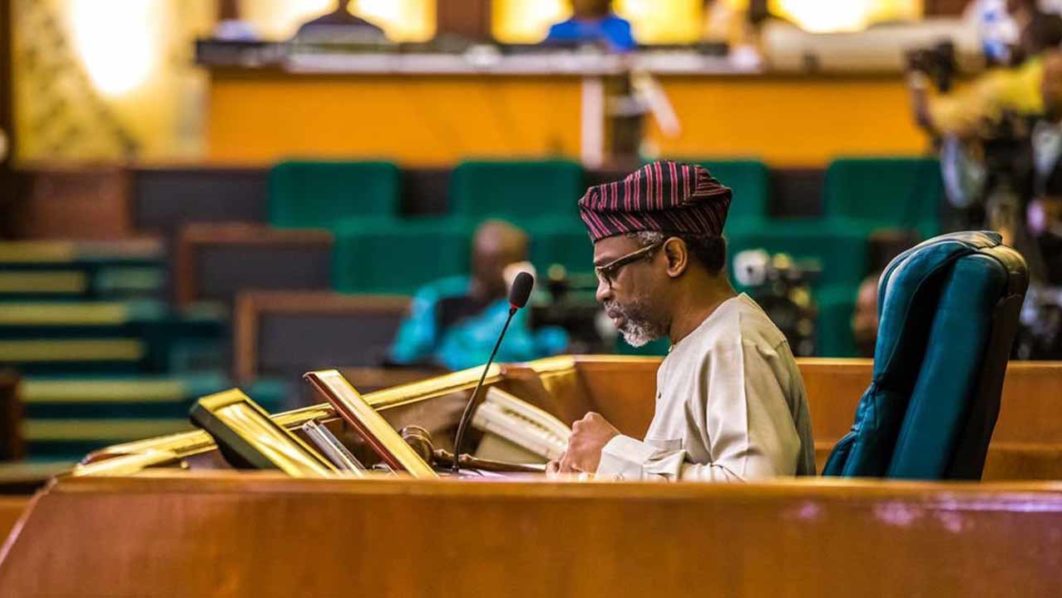The House of Representatives yesterday called on the appropriate authorities to immediately abolish the payment of acceptance fees in tertiary institutions nationwide. It also resolved to investigate banks’ lending with a view to protecting borrowers against exploitative interest rates and promoting economic development.
Adopting a motion sponsored by Chinedu Emeka Martins at plenary presided over by Speaker Femi Gbajabiamila, the lower legislative chamber mandated its Committee on Tertiary Education and Services to investigate the admission policies and practices of tertiary institutions in the country as they relate to the charge of acceptance fees in order to dismantle all obstacles to furtherance of studies in the country.
Martins, while moving the motion, stressed the need to stop the “exploitative practices of which could affect the aspirations of indigent Nigerians to study in universities.”The lawmaker argued that one of the factors contributing to poor access to tertiary education was the “predatory admission policy” being enforced by higher institutions, particularly the payment of non-refundable acceptance fees as condition precedent for admissions.He claimed that many federal tertiary institutions charge as much as N30,000 per student, while some state and private institutions billed significantly more.
Martins regretted that applicants were being made to pay the fee within a short deadline after undergoing the tortuous Senior School Certificate Examinations (SSCE) and the Unified Tertiary Matriculation Examinations (UTME), failure to meet the timeline which attracts a surcharge.
In approving the motion on lending practices initiated by Fatoba Olusola Steve, the green chamber urged the Central Bank of Nigeria (CBN) to review the Monetary Policy Rate (MPR) and its implementation, putting into consideration the cost of doing business by the financial institutions.
Permitting its Committee on Banking and Currency to interface with the commercial banks to clarify the gulf between the MPR and lending rates, the House urged the National Economic Council (NEC) to consider how to reduce the cost of doing business in Nigeria in a way that the common man would feel the impact.
It equally ordered the committees on Banking and Currency as well as Finance and Industry to hold a session with the apex banks, financial institutions, the Nigeria Deposit Insurance Corporation (NDIC), the small and medium enterprises (SMEs), the Manufacturers Association of Nigeria (MAN), industrialists and industry experts to find immediate, sustainable and lasting solutions that would usher in a new interest rate regime that supports enterprise development in Nigeria.’
THE GUARDIAN

